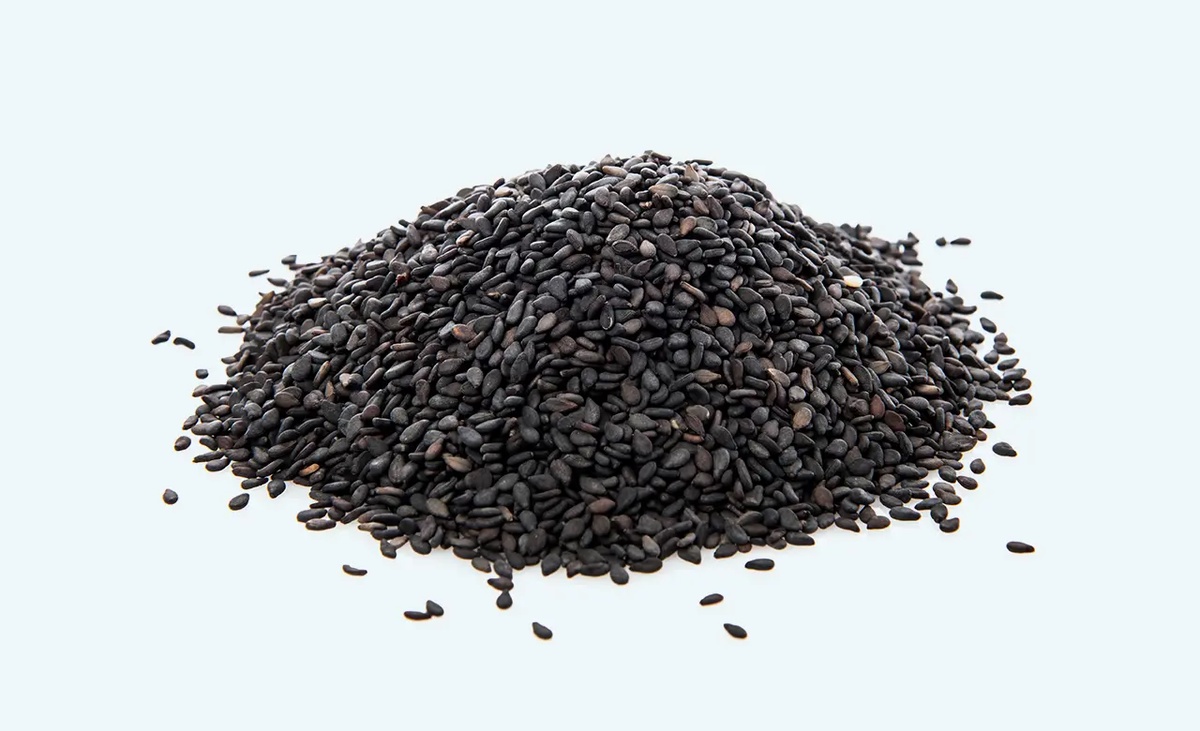Introduction:
Babchi seeds, also known as Psoralea corylifolia seeds, have gained popularity for their purported benefits, particularly in treating vitiligo, a skin condition characterized by depigmentation. While these seeds have been used traditionally in various medicinal practices, it is essential to understand that their usage without proper supervision can be hazardous. In this blog, we will delve into the potential benefits of babchi seeds, particularly in relation to vitiligo treatment, while shedding light on the associated risks that demand caution and expert guidance.
Babchi Seeds for Vitiligo Treatment: Babchi seeds have been traditionally used in Ayurvedic medicine for the treatment of vitiligo. They are believed to possess properties that can stimulate melanin production, which may aid in repigmenting the affected areas of the skin. Some studies have shown promising results, attributing the efficacy to the active compound called psoralen found in the seeds. Psoralen is known to make the skin more sensitive to ultraviolet (UV) light, and when combined with controlled UV exposure, it can help in repigmentation.
Benefits of Babchi Seeds:
- Vitiligo Treatment: As mentioned earlier, babchi seeds have shown potential in treating vitiligo, offering hope to those suffering from this challenging skin condition.
- Anti-Inflammatory Properties: Babchi seeds are believed to possess anti-inflammatory properties, which might be beneficial in managing skin-related disorders.
- Antioxidant Effects: The seeds contain antioxidants that can help combat free radicals, contributing to overall skin health and possibly preventing premature aging.
- Anti-Bacterial and Antifungal Properties: Babchi seeds are known for their antimicrobial properties, which can aid in treating certain skin infections.
The Dangers of Using Babchi Seeds Without Supervision: While the potential benefits of babchi seeds may sound promising, it is crucial to approach their usage with utmost caution. Using babchi seeds without proper supervision can lead to severe consequences. Here are some of the risks associated with unsupervised usage:
- Photosensitivity: Babchi seeds contain psoralen, which makes the skin more sensitive to UV light. Uncontrolled exposure to sunlight or artificial UV rays without proper guidance can lead to severe sunburn and skin damage.
- Hyperpigmentation and Hypopigmentation: Improper use of babchi seeds can result in irregular skin pigmentation, causing darker or lighter patches on the skin.
- Adverse Reactions: Some individuals may experience allergic reactions or skin irritation when using babchi seeds topically or orally.
- Medication Interactions: Babchi seeds might interact with certain medications, leading to adverse effects or reduced efficacy of prescribed drugs.
- Overdose Risk: Consuming excessive babchi seeds can be toxic and harmful to the liver and kidneys.
Conclusion:
Babchi seeds indeed show potential benefits, especially in vitiligo treatment, thanks to the psoralen compound they contain. However, it is crucial to recognize that their usage should be strictly supervised by healthcare professionals or experts in traditional medicine. Unsupervised use can lead to serious consequences, including adverse skin reactions, hyperpigmentation, and even damage to internal organs. If you or someone you know is considering using babchi seeds for any purpose, it is imperative to consult with a qualified healthcare provider to ensure safe and effective usage. Remember, your health and well-being should always take precedence over self-experimentation with potentially risky remedies.


No comments yet